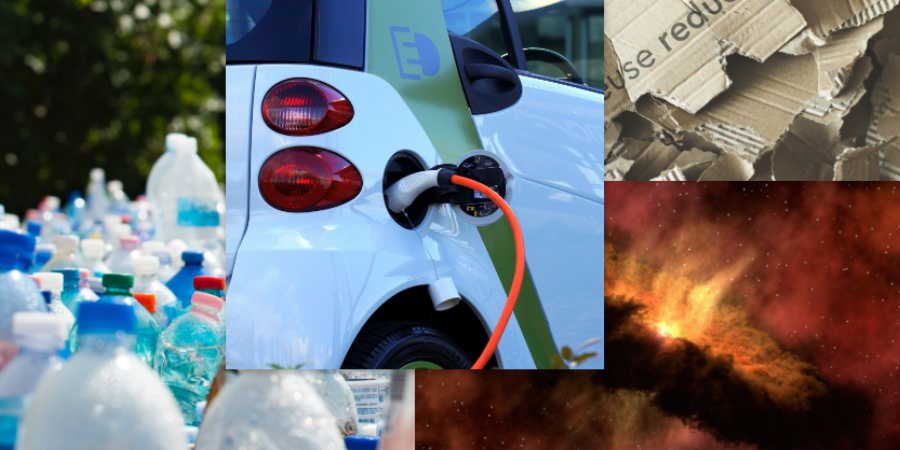India–US Trade Tensions Rise Over Steel and Auto Tariffs NMDC Limited reports a 38% drop in Q4 FY24 consolidated net profit RINL to Raise $23 Million Through Land Sales Amid Crisis

The United Kingdom is likely to miss its near and long-term emissions reduction goals, according to forecasts from DNV, an energy consultancy. This setback is primarily due to slow progress in cutting carbon emissions from transportation and buildings, which account for a large portion of the country's greenhouse gas output.
Despite the UK's efforts to transition to electric vehicles, emissions from transportation are not declining rapidly enough. Additionally, reducing building emissions, which involves improving energy efficiency and transitioning to low-carbon heating systems, has been challenging.
DNV's predictions suggest that the UK will fall short of its emissions targets by 7% in 2025 and 14% in 2030. This shortfall could hinder the country's ability to achieve its overall goal of reaching net-zero emissions by 2050.
Experts emphasise the need for more ambitious policies and investments in renewable energy, electric vehicle infrastructure, and energy-efficient buildings to address this issue. They also stress the importance of engaging the public and businesses to accelerate the transition to a low-carbon economy.
Meeting emissions reduction targets will require a concerted effort from government, businesses, and individuals to make significant changes in how energy is produced and consumed. Failure to do so could have long-lasting effects on the UK's ability to combat climate change and meet its environmental commitments.
Also Read : Britain and EU Seal Steel Pact to Counter China’s Tariffs TotalEnergies inks LNG deal with Singapore's Sembcorp Industries